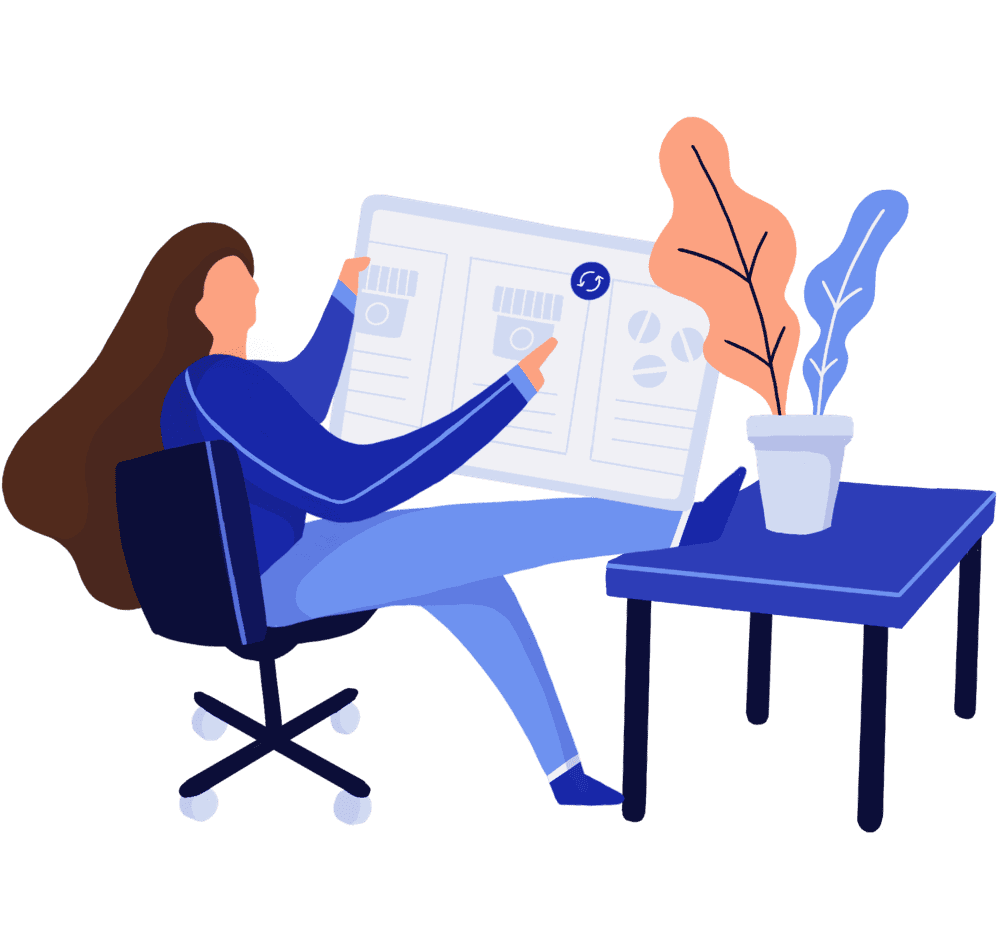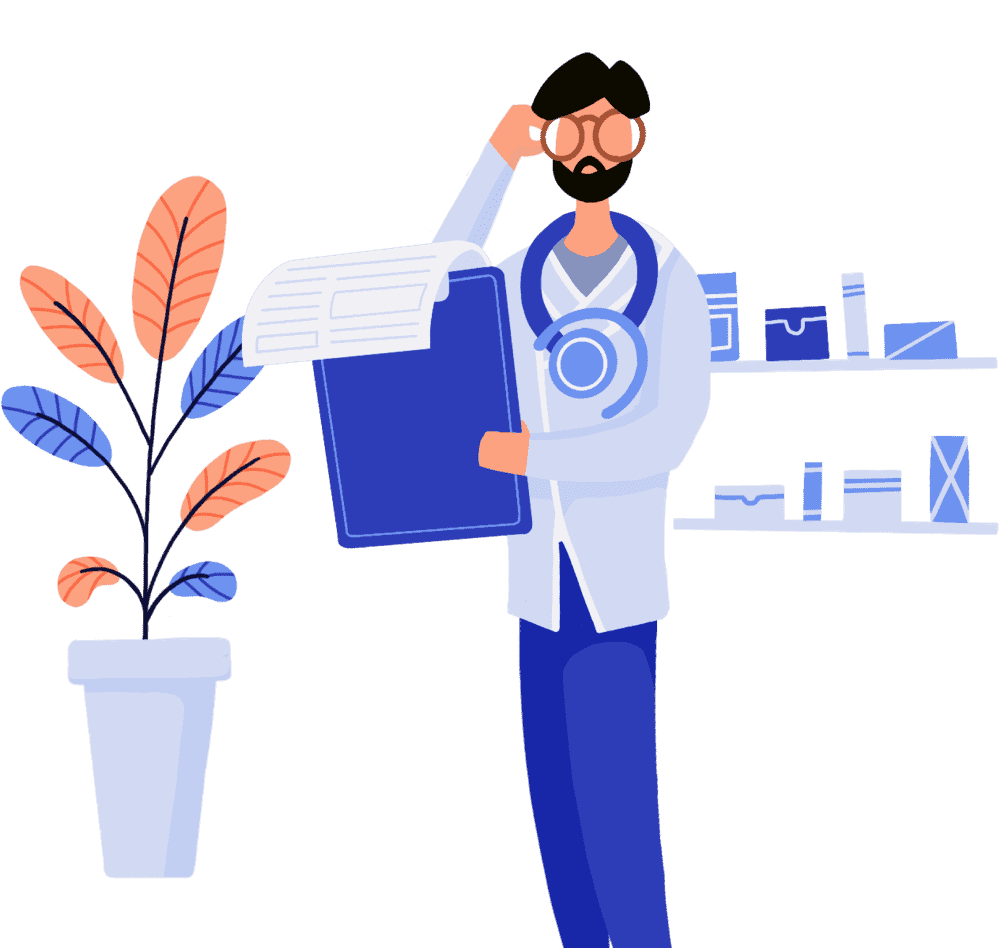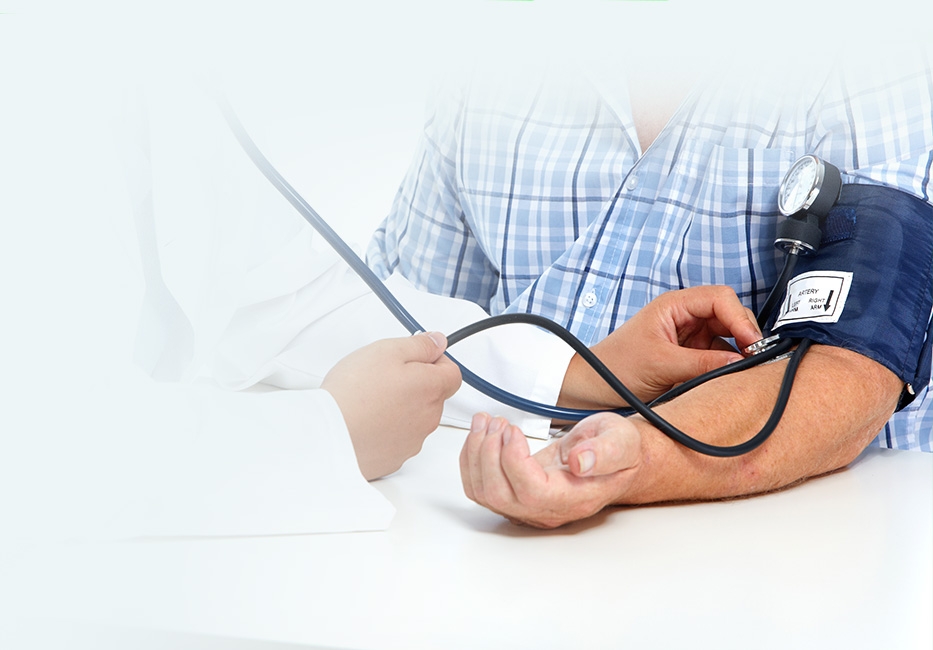Bank Holiday delivery: Order by 2:30pm on Monday 18th August for standard delivery, or by Thursday 21st August for next day delivery, to receive your order before the Bank Holiday.
- Home
- Chronic Conditions
- High Blood Pressure Medication
High Blood Pressure Medication
High blood pressure, also known as hypertension, is a condition that affects more than a quarter of people in the UK. It often goes unnoticed, but without treatment, it could lead to serious problems including heart attack and stroke. Hence why it’s important to get your blood pressure checked regularly and to shop our range of effective treatments if the reading is high.
More Information
What is high blood pressure?
High blood pressure is a term used to describe the condition where the heart has to work harder to pump blood around the body. This can cause damage to blood vessels, organs and even the heart (leading to a risk of heart attack or stroke).
The problem with having high blood pressure is that usually, it doesn’t have any symptoms (or they’re mild enough for sufferers not to get themselves checked). If you do have symptoms, a few warning signs to look out for would be dizziness, ringing in the ears, shortness of breath and sometimes nosebleeds. If you do notice any of these warning signs then it’s important to get your blood pressure checked as soon as possible.
When getting your blood pressure checked, the reading will produce two numbers. The first is the systolic pressure (the pressure of the blood being pumped into circulation) and the second is the diastolic pressure (the pressure of the arteries when the heart is relaxed and filled with blood). A healthy blood pressure would be a systolic number lower than 120 and a diastolic number lower than 80. If the first number is between 120-139 and the second is between 80-89 then you would fall into the category known as ‘prehypertension’; you aren’t considered to have high blood pressure yet but you are at high risk and should probably make some different lifestyle choices.
The medical classification of hypertension begins when your systolic number reaches 140 and your diastolic number reaches 90, and this moves into ‘stage 2’ when the first number is 160 or higher, and the second number is 100 or higher. This means that your blood pressure is considered high and in need of medical treatment, as well as lifestyle changes.
What causes high blood pressure?
High blood pressure can be identified as one of two types; primary and secondary. The cause of primary hypertension is unidentifiable, while secondary hypertension is caused by other health conditions, other medications or lifestyle. Lifestyle aspects that may put you at high risk of developing high blood pressure include a diet that’s high in salt or fat, not exercising enough, and being overweight. It can also be caused by excessive consumption of alcohol, smoking and being stressed. If there’s a family history of high blood pressure then this could make you more susceptible to it, and you naturally become more at risk at you get older (over 60 years old).
How can I treat high blood pressure?
High Blood Pressure Treatment
Even if your blood pressure is only a little above the normal amount (but not high enough to be classed as hypertension), then the first step is to make some lifestyle changes. This includes eating more fruit, vegetables, and low-fat dairy foods, cutting back on saturated fat and trans-fats, reducing your intake of salt and sugar, and upping the amount of fish, nuts and whole grains that you eat.
Google Web Story: Diet and Hypertension
UK Meds have put together a handy Google Web Story to explain the connection between what you eat and high blood pressure:
If you don’t notice a difference after following a healthier lifestyle (or if your blood pressure was very high to begin with), then you’ll need the help of prescription medications to get your condition under control. There are a number of different categories and you’ll be able to get the one that’s right for you with UK Meds.
First, there are diuretics (known as water tablets) which reduce the amount of water and water retention in the body. Next, there are beta-blockers, which slow down your pulse by reducing the effect that adrenaline has on the body. Then there are calcium channel blockers (also called calcium antagonists), which relax and widen blood vessels by affecting the muscles. There are also ACE inhibitors which decrease the production of a blood-vessel-narrowing hormone, helping to widen them instead. All of these types are available as a number of different medications and our friendly prescribers will be able to make sure you get one that suits your condition.
Medication delivered the next day from UK pharmacies



Choose the right treatment
From the comfort of your own home or out on the go, choose the treatment you require from our extensive range.
Complete an online consultation
A vital part of our process, your online consultation will be similar questions to that of a GP. Quick and easy, we guarantee privacy and confidentiality.
Delivered discreetly
One of over 100 of our partner regulated UK pharmacies will dispense and ship the treatment to you in discreet packaging.
Rated out of 5 on 
It’s a great service and would recommend to anyone. I feel the prices are a bit to high but it saves you from having to try and get an appointment with your own gp and as we all know that’s impossible these days
very good service
Service provided from uk meds is fantastic your order arrives the following Day
Great service, good communication by email
Rated 4.6 out of 5 based on 6698 reviews
Here to help you
Our Customer Service is available Monday to Friday 9am - 5pm. If you need urgent assistance, do not use this service. Call 111, or in an emergency call 999. Visit our help section


